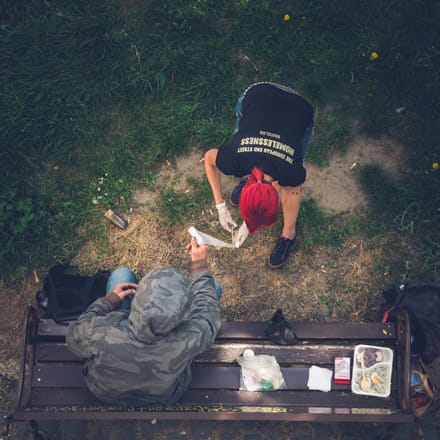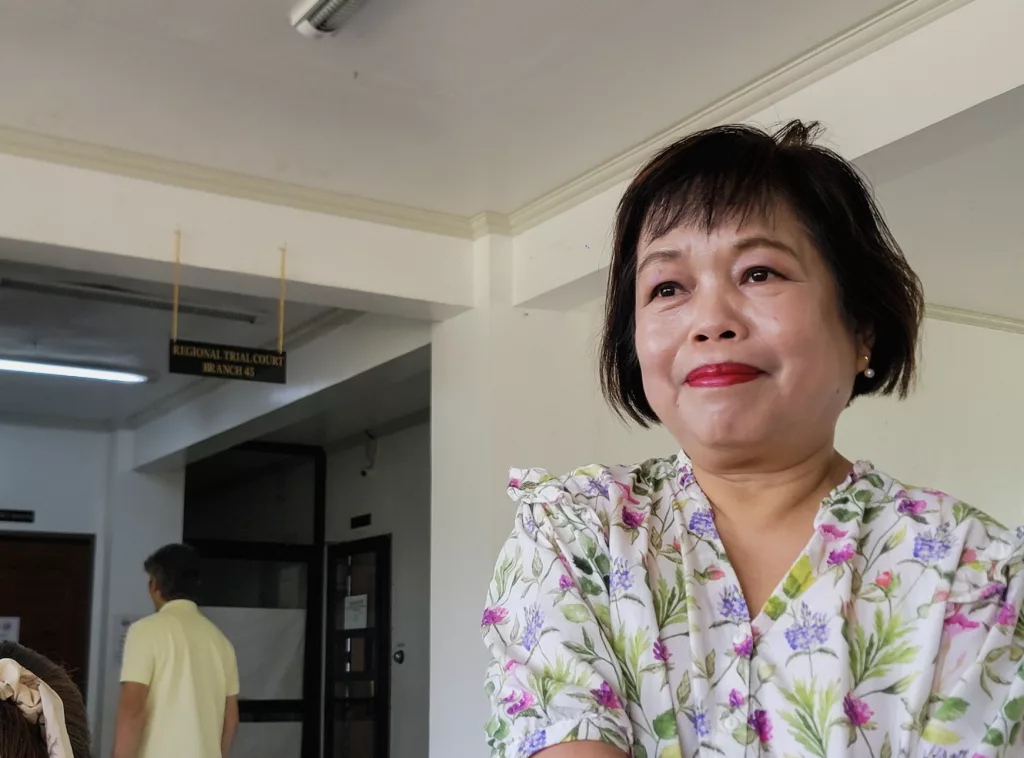Celeste Sangster, from World Habitat’s European End Street Homelessness Campaign team, analyses the incredible responses to the COVID-19 pandemic in campaign cities across Europe and how it’s an opportunity to end street homelessness for good.
Homelessness has always been a public health crisis. But right now – in the midst of the COVID-19 global pandemic – the urgent need for effective action to provide homes, safety and support for people who are street homeless is starker than ever before.
When governments all over the world imposed lockdowns and asked people to self-isolate, those sleeping on the streets had no way to protect themselves. For many, this is still the case. Not only do they simply have no option to stay at home – as official guidelines advise – but they are also at particularly high risk of a severe response to COVID-19, as many people who are street homeless have underlying health conditions. Last year, over 40% of homeless people surveyed in Brighton, and almost half in Barcelona, said they had chronic health problems.
Despite this, we’ve heard from our European End Street Homelessness Campaign partners about the extraordinary efforts that have happened in communities to find people somewhere safe to live (often in hotels), and provide food, medical assistance, personal protection equipment (PPE), and other support within just a few days.
Even in these most difficult of times we are seeing inspiring action, communities mobilising and a strong commitment to supporting each other between different agencies, organisations, professionals and volunteers. In some cases, the response demonstrated a political will to get almost everybody safe inside within a matter of days – something that was previously deemed impossible.
Today we have published Responding to the COVID-19 Pandemic: Case Studies from the European End Street Homelessness Campaign. It provides case studies of what happened across a network of cities who are all part of our European End Street Homelessness Campaign. While each has a unique local housing context, they have all faced the same urgency of the COVID-19 public health crisis.
In Brussels, lead campaign partner Infirmiers de Rue co-ordinated a global call to Protect the Unhoused – focused on testing, screening and rehousing. Five hundred people were moved off Westminster’s streets and into emergency hotel accommodation. An advice line was set up for people sleeping on the streets and for concerned members of the public in Barcelona. And in Leicester, local homelessness services collaborated with the Local Authority and private university accommodation providers to house 130 people who were sleeping rough – 20 of whom have already been offered permanent accommodation.
These are just some of the many ways in which communities from across the campaign responded to the emergency and provided essential and life-saving support to homeless people. You can read the full set of responses and activity here.
Although each local campaign has been working in a distinct environment, all have shown great levels of resilience and flexibility to respond quickly and effectively, as highlighted by staff at lead campaign partner in Barcelona, Arrels Fundació:
“We have discovered our limits as an entity, as well as our strengths […] we were able to refocus the projects, also learning that flexibility and the power of adaptation are essential.”
We are really interested to know how other organisations have responded to COVID-19 – what has worked and what challenges have been faced. To share your experiences, please contact me, Celeste (Programme Officer for Homelessness at World Habitat), at: celeste.sangster@world-habitat.org.
If you want to find out more about the incredible work taking place to end street homelessness across Europe, you can also sign up to our campaign e-bulletin and read our latest Impact Report to see the progress and successes that our campaign cities have achieved.
The response to COVID-19 is not only about providing immediate and emergency support for homeless people – it’s also about guaranteeing sustainable solutions to end street homelessness for good.
Image: Marek Janos




